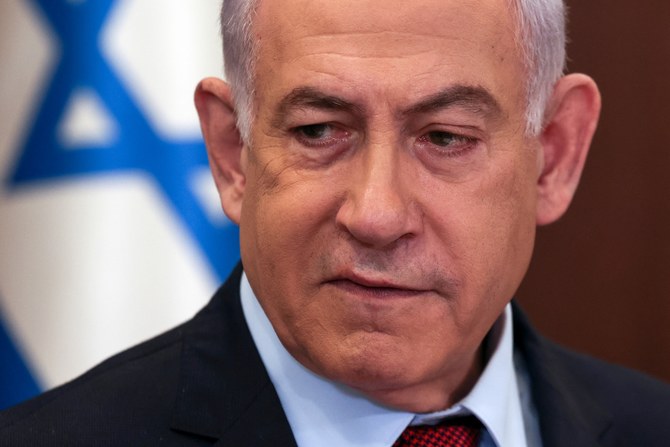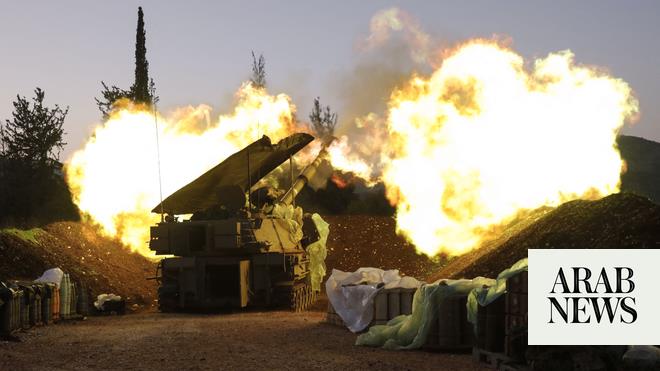
Tuesday’s press conference held by the Turkish and Russian foreign ministers displayed two very different stances on the rebel-held Syrian province of Idlib, which the Assad regime has stated is its next target in its campaign to retake the whole country.
Turkey’s Mevlut Cavusoglu said he hoped Ankara and Moscow could find a solution. In contrast, Russia’s Sergey Lavrov said the Assad regime has “the right to defend itself” against attacks from Idlib, and “we have to support” its operations to that end.
The timing of their meeting may have determined its bleak outcome. It took place amid a further and unprecedented deterioration in relations between Washington and Ankara, subsequent economic troubles in Turkey, a ramping up of the Assad regime’s rhetoric and bombardment of Idlib, its recent victory over rebels in southwest Syria, and ongoing talks between Damascus and Syrian Kurds, who control around a quarter of the country.
Lavrov’s remarks at the press conference are being seen as a green light for the Assad regime to launch its threatened ground assault on Idlib regardless of Turkey’s position on the province and its presence there (specifically its 12 military posts that monitor the “de-escalation zone” agreed by Ankara, Moscow and Tehran). But that is not necessarily the case.
Moscow is likely using the extra leverage that it has gained over Ankara from the crisis in US-Turkish relations. “Washington must… come to terms with the fact that Turkey has alternatives,” said Turkish President Recep Tayyip Erdogan. Russia knows it is the obvious and primary alternative, and so can pressure Ankara regarding Idlib.
But Moscow cannot completely ignore the position and interests of a regional powerhouse with which it has markedly improved ties since 2016. And sanctioning and backing an all-out assault by the Assad regime on Idlib, while Turkish forces are still present there, would likely rupture those ties, particularly if it resulted in Turkish casualties.
Erdogan values rapprochement with Moscow, but the nationalist leader values his strongman image at home above all else. Russian President Vladimir Putin knows this as he is cut from similar cloth. So, rather than facilitating the possibility of direct clashes between pro-regime and Turkish forces, Moscow is likely angling to force Ankara’s acceptance of a face-saving formula that will eventually see Idlib’s return to state rule.
To avoid direct clashes between Syria and Turkey, Russia is likely trying to force Ankara’s acceptance of a face-saving formula that will eventually see Idlib’s return to state rule.
Sharif Nashashibi
This would suit the Assad regime, as a Turkish withdrawal from the province would weaken rebel forces and avoid the potential for direct conflict with Ankara, which did not hesitate to strike at pro-regime convoys that tried to come to the aid of Kurdish forces during the Turkish-led military operation in the Syrian canton of Afrin.
Ankara has proposed working with Syrian rebels in Idlib to take on certain extremist groups as a means to stave off an assault by the Assad regime. But that will only delay such an offensive, as Damascus will not accept the province being outside its control in the long term, particularly with the war’s tide now decidedly in its favor. As such, the efficacy of Turkey’s proposal is questionable, as it would be undertaking a major military operation for the ultimate benefit of the Assad regime, which would make its move after the operation’s completion.
Finding a face-saving formula will be no easy task. Turkey’s leverage at present may be weakened, but Erdogan will need to be convinced that he can sell it domestically as something other than a major climb down. After all, developments in northern Syria are not viewed in Turkey as simply a foreign policy affair, but as an important domestic matter, given its massive refugee burden and the Kurdish issue, which transcends national borders.
But the Assad regime and its allies must tread very carefully. An assault on Idlib without Turkey’s acquiescence — no matter how reluctant — and with its army still present in the province would be a major military and diplomatic risk for a side that presently has the upper hand in the Syrian conflict. That risk would have domestic, regional and even international repercussions.
• Sharif Nashashibi is an award-winning journalist and commentator on Arab affairs. Twitter: @sharifnash
Disclaimer: Views expressed by writers in this section are their own and do not necessarily reflect Arab News" point-of-view












